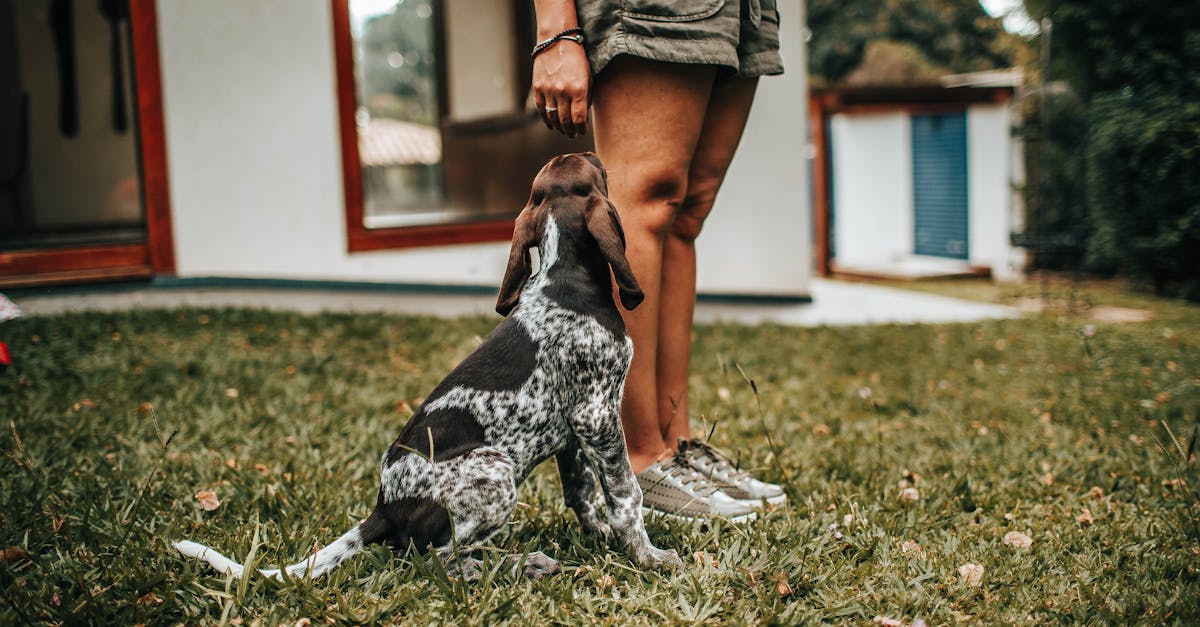Is your dog suddenly coughing and sounding like they’ve got something stuck in their throat? It could be kennel cough, a common but concerning respiratory condition in dogs. As a pet parent, it’s natural to feel worried when your furry friend isn’t feeling their best. Let’s walk through what kennel cough is, how to spot it, and what you can do to help your dog recover.
⚠️ What to Watch For
Kennel cough, also known as canine infectious respiratory disease (CIRD), causes inflammation in a dog’s airways. It’s highly contagious, especially in areas where dogs are in close contact, like dog parks, boarding facilities, or grooming salons. Here are the key symptoms to look out for:
- A persistent, hacking cough that may sound like a honk
- Gagging or retching, as if trying to clear their throat
- Nasal discharge
- Mild fever
- Lethargy or decreased activity levels
- Reduced appetite
In most cases, kennel cough symptoms are mild, but in puppies, older dogs, or pets with underlying health issues, it can lead to complications like pneumonia. That’s why early recognition and care are crucial.
🔍 Possible Causes
Kennel cough is caused by a combination of viruses and bacteria that affect a dog’s respiratory system. The most common culprits include:
- Bordetella bronchiseptica bacteria
- Canine parainfluenza virus
- Canine adenovirus
Dogs contract kennel cough through airborne droplets, direct contact with infected dogs, or contaminated surfaces like food bowls or toys. It’s essentially the canine equivalent of catching a cold at daycare or school.
✅ What You Can Do at Home
If your dog shows signs of kennel cough but is otherwise alert and eating, you can often manage mild cases at home. Here’s how:
- Keep your dog calm and rested to prevent irritation of their airways.
- Use a harness instead of a collar to reduce pressure on their throat.
- Ensure they have access to fresh water to stay hydrated.
- Run a humidifier or take your dog into a steamy bathroom to ease breathing.
- Avoid exposing your dog to smoke, strong scents, or cold air.
It’s also important to isolate your dog from other pets to prevent the spread of infection. Clean their bedding, bowls, and toys regularly during recovery.
💡 When to Call a Vet
While many cases of kennel cough resolve on their own within 1–3 weeks, some dogs may need veterinary care. Contact your vet if:
- Your dog’s cough worsens or doesn’t improve after 7–10 days.
- They develop severe symptoms like difficulty breathing, high fever, or loss of appetite.
- Your dog is a puppy, a senior, or has a pre-existing condition that could complicate recovery.
Your vet may prescribe medications like antibiotics (if a bacterial infection is suspected) or cough suppressants to provide relief. They’ll also rule out more serious conditions like canine influenza or heart disease that can mimic kennel cough symptoms.
FAQs
Q: Can kennel cough be prevented?
A: Yes! Vaccination is the best way to protect your dog from kennel cough. Most vets recommend the Bordetella vaccine, especially if your dog frequents places with other dogs. Keeping your dog healthy with a balanced diet and regular checkups also strengthens their immune system.
Q: Is kennel cough contagious to humans?
A: While rare, Bordetella bronchiseptica can infect people with weakened immune systems. If you have concerns, it’s best to consult your doctor. For most healthy individuals, kennel cough poses no risk.
Book a $49 online vet consultation at https://www.dialavet.com for fast, expert advice.























